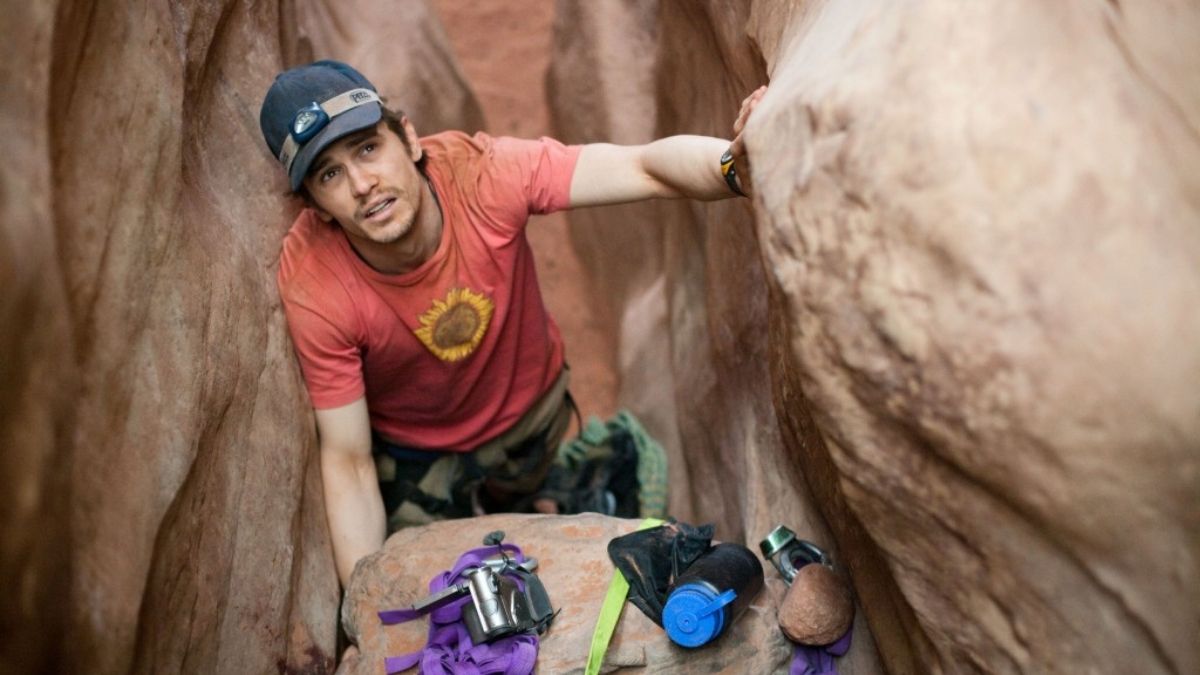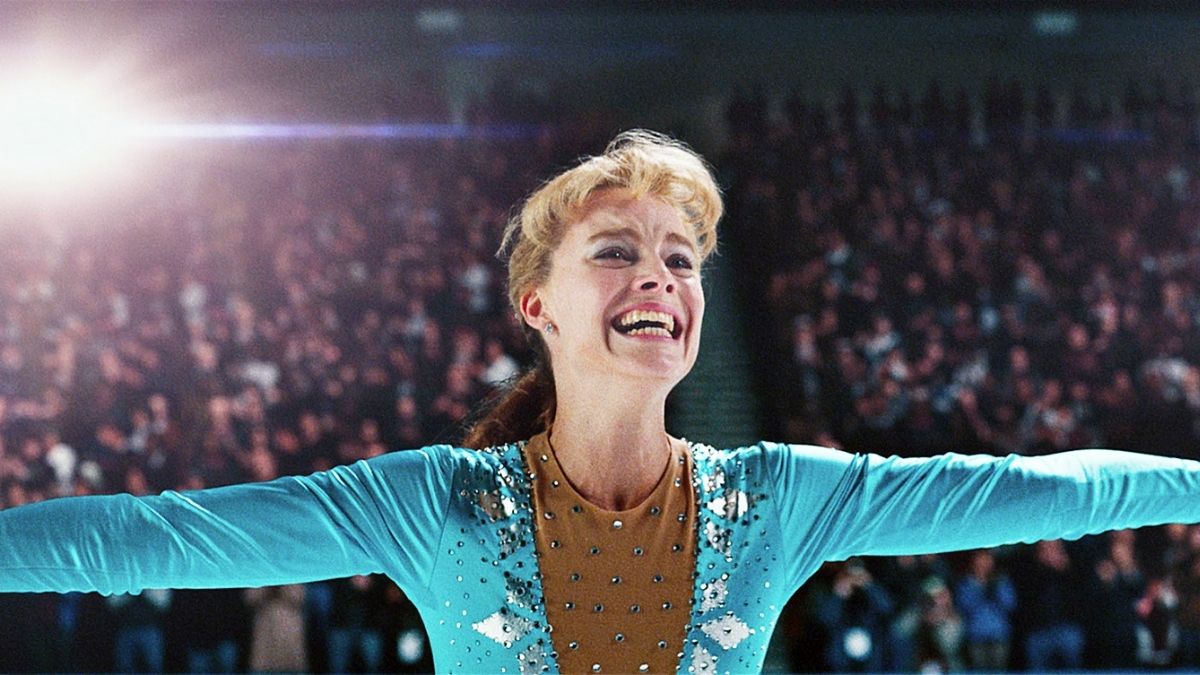It’s an odd feeling, farewell. There is such envy in it. Men go off to be tested, for courage. And if we’re tested at all, it’s for patience, for doing without, for how well we can endure loneliness.
Perhaps he knew, as I did not, that the Earth was made round so that we would not see too far down the road.
The mail has come today, and a friend writes this to me.
“The Masai have reported to the district commissioner at Ngong, that many times, at sunrise and sunset, they have seen lions on Finch-Hatton’s grave. A lion and a lioness have come there, and stood or lain on the grave for a long time. After you went away, the ground around the grave was leveled out into a sort of terrace. I suppose that the level place makes a good site for the lions. From there, they have a view over the plain, and the cattle and the game on it.”… Denys will like that. I must remember to tell him.
He even took the gramophone on safari. Three rifles, supplies for a month, and Mozart.
If I know a song of Africa, of the giraffe and the African new moon lying on her back, of the plows in the fields and the sweaty faces of the coffee pickers, does Africa know a song of me? Will the air over the plain quiver with a color that I have had on, or the children invent a game in which my name is, or the full moon throw a shadow over the gravel of the drive that was like me, or will the eagles of the Ngong Hills look out for me?
I had a farm in Africa at the foot of the Ngong Hills. The Equator runs across these highlands, a hundred miles to the north, and the farm lay at an altitude of over six thousand feet. In the day-time you felt that you had got high up; near to the sun, but the early mornings and evenings were limpid and restful, and the nights were cold.
“The time you won your town the race, we chaired you through the marketplace; man and boy stood cheering by, as home we brought you shoulder-high. Smart lad, to slip betimes away from fields where glory does not stay. Early though the laurel grows, It withers quicker than a rose. Now you will not swell the rout of lads that wore their honors out. Runners whom renown outran, and the name died ‘fore the man. And round that early-laureled head will flock to gaze the strengthless dead and find unwithered on its curls a garland briefer than a girl’s.”
Now take back the soul of Denys George Finch-Hatton whom you have shared with us. He brought us joy, and we loved him well. He was not ours. He was not mine.
Offers this as a drink toast: “Rose-lipped maidens, Lightfoot lads.”



